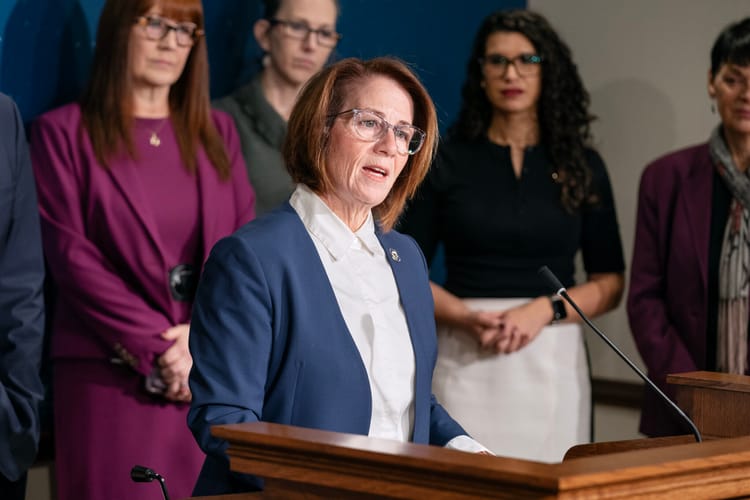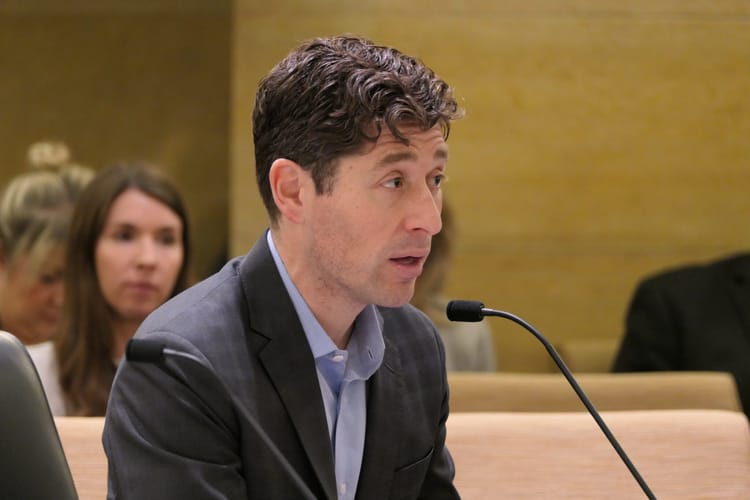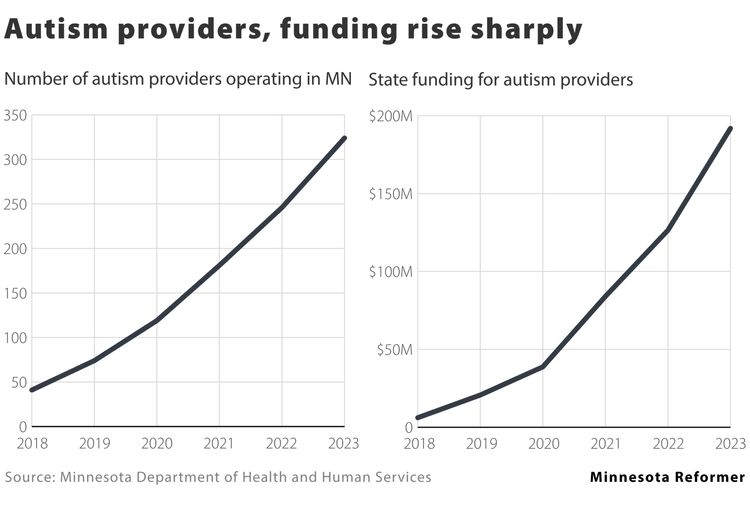Minnesota’s tax system is the most equitable among states, report finds

By Michelle Griffith, Minnesota Reformer
Minnesota’s tax system is the most progressive among U.S. states, meaning poor households pay the least amount of taxes as a share of their income, according to a new report released Tuesday.
The Institute on Taxation and Economic Policy releases an analysis every five years that ranks state tax systems’ progressivity. The nonprofit’s latest report found Minnesota’s tax system trails only behind D.C. for having the lowest tax burden placed on the lower and middle class relative to the wealthy.
Minnesota has a steeply progressive income tax, which has contributed to Minnesota moving from the 47th least regressive to the 50th. For example, married Minnesotans who file jointly and make up to $46,330 in income are taxed at a 5.35% rate, while married Minnesotans who file jointly pay a 9.85% rate on income over $321,450.
ITEP found that Minnesota was able to make its tax system more equitable in recent years by enacting higher taxes on corporations and wealthy residents, while issuing larger tax credits to low-income families. During the 2023 session, for instance, Minnesota enacted a steeply progressive child tax credit and expanded the working family credit and a rebate for families who took home less than $150,000 in 2021, while increasing taxes slightly on corporations.
On the other hand, Minnesota increased sales taxes slightly in 2023, especially in the metro, to pay for more housing and transit. Sales taxes are regressive because poor people pay a greater portion of their income in sales taxes than the wealthy.
Overall, Minnesota’s tax system is an outlier, as ITEP found 44 states have tax systems that worsen inequality.
Rep. Aisha Gomez, DFL-Minneapolis, praised the report’s findings and said in a statement that lawmakers will keep trying to make the state more equitable.
“Over generations we have built a tax system in Minnesota that puts the interests of working people and moderate income families before those of big corporations and the wealthy,” said Gomez, who serves as chair of the House Taxes Committee. “The tax code can be a tool for good — it can help us care for our kids and elders in need and address structural issues like racialized income inequality.”
ITEP in its report compared Minnesota and Kentucky, which has worsened its equity ranking over the past five years.
Kentucky since 2018 has implemented a flat income tax rate and lowered corporate taxes. These changes especially benefited wealthy families.
“Minnesota’s higher tax rates at the top of the income scale allow it to generate (greater) revenues while taxing low- and middle-income families at lower rates than Kentucky,” the report states.
Florida, Washington, Tennessee, Pennsylvania, Nevada, South Dakota, Texas, Illinois, Arkansas and Louisiana are the most regressive states, ITEP found. These states heavily rely on revenue from regressive sales taxes.
These 10 states tax their poorest residents at rates averaging three times higher than wealthy residents, according to the report. In Florida, low income families pay nearly five times more in taxes as a portion of their income compared to wealthy families.
Minnesota has a high ranking because of a combination of factors: tiered income tax rates, high capital gains and corporate taxes, and a “circuit breaker” program on property taxes, said ITEP Research Director Carl Davis.
If a person’s property tax level gets too high relative to their income, they are given a refund for the excess amount they pay. Minnesota’s property tax refund program is better than most states, Davis said.
Minnesota may be the least regressive among states, but that’s not a great achievement since other states have extremely regressive tax systems.
“If that’s what the average state looks like, then having a less regressive tax code … isn’t necessarily saying a whole lot,” Davis said.
GET THE MORNING HEADLINES DELIVERED TO YOUR INBOXSUBSCRIBE
Minnesota Reformer is part of States Newsroom, a network of news bureaus supported by grants and a coalition of donors as a 501c(3) public charity. Minnesota Reformer maintains editorial independence. Contact Editor Patrick Coolican for questions: info@minnesotareformer.com. Follow Minnesota Reformer on Facebook and Twitter.





Member discussion